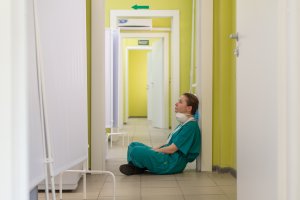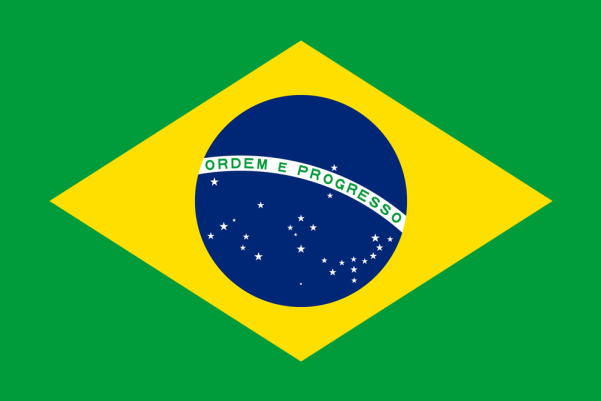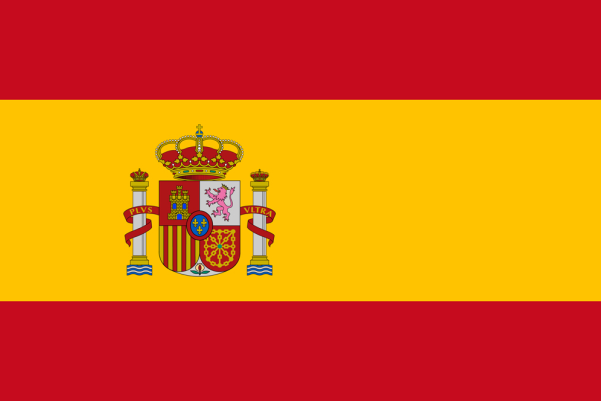The Health Professionals of the Brazilian Unified Health System (SUS) are the heroes of this pandemic
In light of the public health crisis, we find ourselves in this year, there is little doubt about who the real national heroes are: health professionals. They are the ones on the frontline of the coronavirus epidemic, putting their lives at risk every day to save so many others. In Brazil, therefore, they deserve our unwavering admiration and profound gratitude, especially when we talk about those that work for the national public health system, the Sistema Único de Saúde brasileiro, or SUS for short.
 SUS was based on the UK’s National Health Service (NHS). Established as part of the Constitution in 1988, SUS provides essential healthcare services and support to the entire population of Brazil, with free access to different types of treatment—from the simple to the complex—and subsidised medication. Brazil is currently the only country in the world with more than 200 million inhabitants to have such a comprehensive public health system that is essentially free to those in need. Even given the obvious challenges of offering universal healthcare in a country so large, it’s thanks to SUS that Brazil has managed to curb the spread of the virus and prevent a worsening scenario. Those directly responsible for this, of course, are the healthcare professionals working to fight the health crisis and nurse patients to recovery.
SUS was based on the UK’s National Health Service (NHS). Established as part of the Constitution in 1988, SUS provides essential healthcare services and support to the entire population of Brazil, with free access to different types of treatment—from the simple to the complex—and subsidised medication. Brazil is currently the only country in the world with more than 200 million inhabitants to have such a comprehensive public health system that is essentially free to those in need. Even given the obvious challenges of offering universal healthcare in a country so large, it’s thanks to SUS that Brazil has managed to curb the spread of the virus and prevent a worsening scenario. Those directly responsible for this, of course, are the healthcare professionals working to fight the health crisis and nurse patients to recovery.
Often dealing with the stresses of long shifts, a lack of sufficient rest and other challenges, doctors, nurses and healthcare technicians perform real miracles.
And, let’s face it: if it weren’t for them, we would likely have seen many more deaths to date, not only in Brazil but worldwide. Each and every one of the professionals on the battlegrounds to combat Covid-19 deserves praise. Every case of a recovered patient is testament to the hard and determination of a whole range of dedicated professionals. So, when you cross paths with a doctor, nurse or health worker, or anyone who has worked to save lives during this worldwide health crisis, give thanks and pay your respects.
One of the institutions leading the fight against Covid-19 is the Instituto de Infectologia Emílio Ribas, located in the city of São Paulo. The hospital was mobilised early in the pandemic to serve only patients affected by the virus, redirecting other medical cases to hospitals and health clinics in the region. This move allowed the hospital to adapt to the months of quarantine with less disruption, at least while there were beds available.
 Researchers from this hospital and many others, be them public, private or scientific, are working together to develop a safe and effective vaccine capable of immunising against Covid-19. And, once again, it is worth recognising that some of the leading research is being carried out by public institutions in Brazil, such as Fiocruz (Fundação Oswaldo Cruz), Instituto Vital Brazil and Instituto Adolfo Lutz, which shows just how much investment is being made to prioritise the health of a nation.
Researchers from this hospital and many others, be them public, private or scientific, are working together to develop a safe and effective vaccine capable of immunising against Covid-19. And, once again, it is worth recognising that some of the leading research is being carried out by public institutions in Brazil, such as Fiocruz (Fundação Oswaldo Cruz), Instituto Vital Brazil and Instituto Adolfo Lutz, which shows just how much investment is being made to prioritise the health of a nation.
Even when the incidence of cases begins to drop, doctors will need to be on hand to contain any new outbreaks of the virus and put their lives at stake again. The virus is dangerous—it is not a common cold or the seasonal flu—so be diligent when going out and about. And always wear a mask, both to protect yourself and out of respect for others.

















